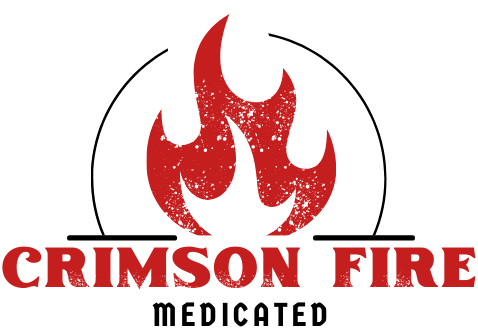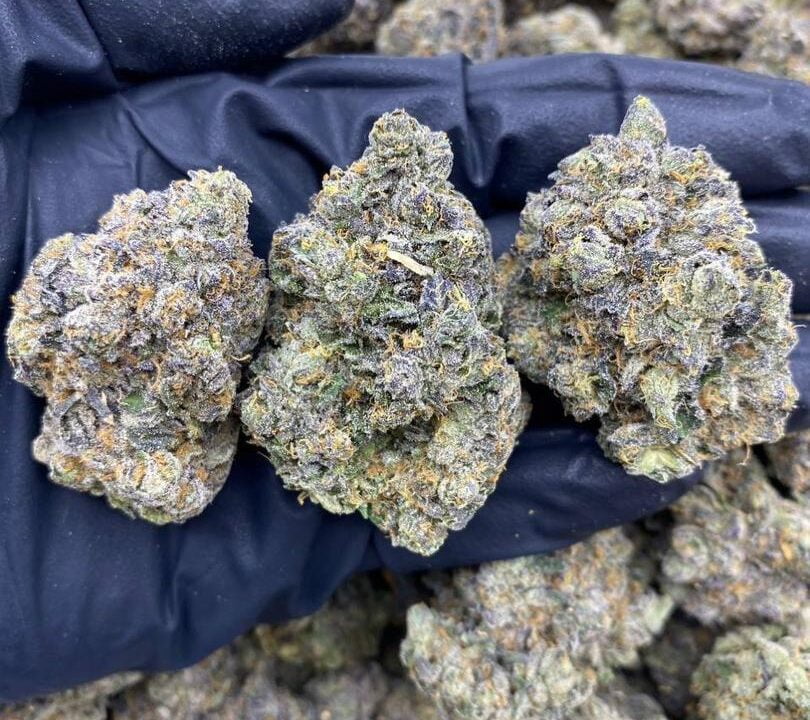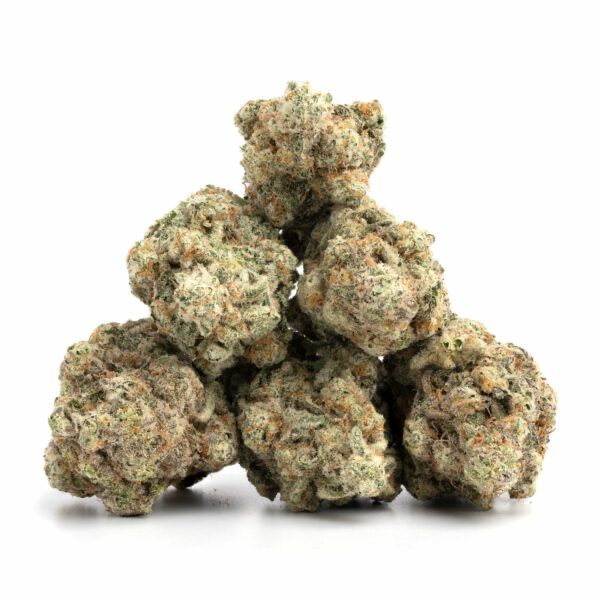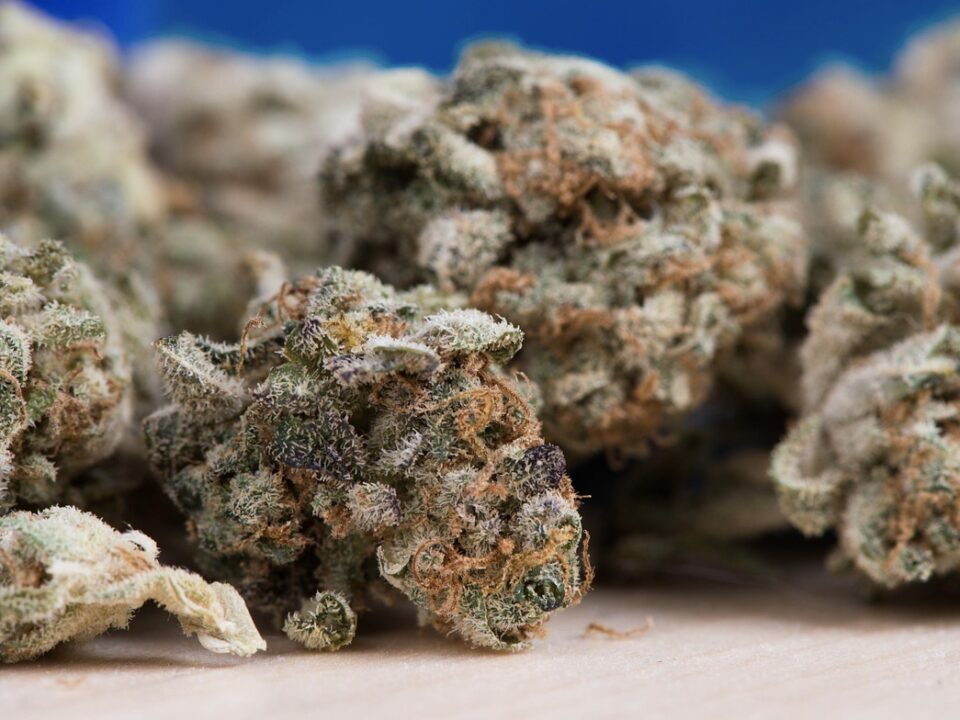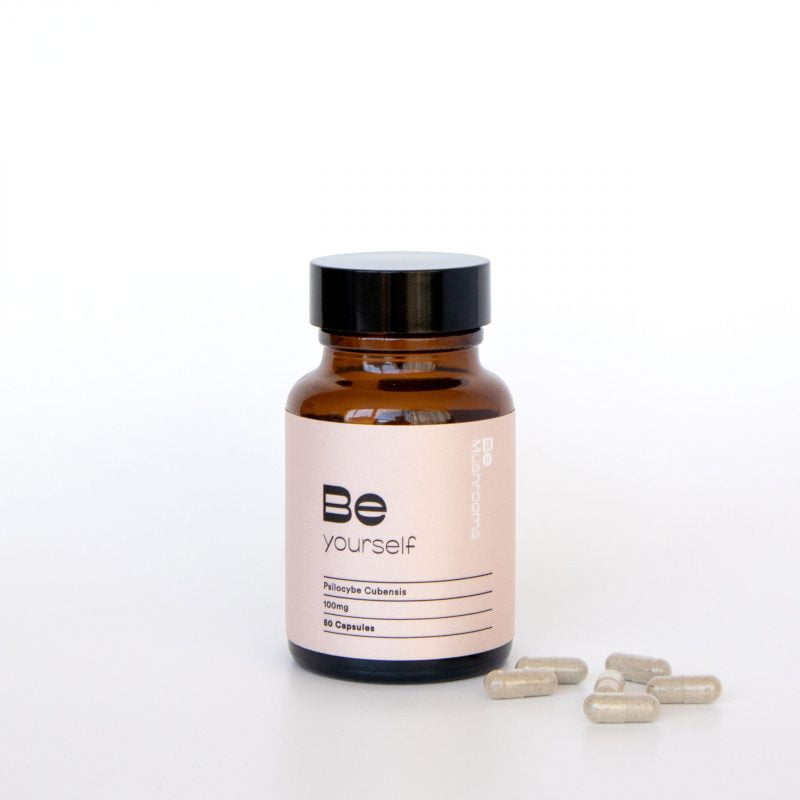- Address: 8208 HOOPER AVE , LOS ANGELES, CA 90001-3345, USA
- +1 (209) 671-5733
- info@crimsonfire.org
Medical marijuana use may result in the rapid onset of cannabis use disorder.

Can CBD and cannabis products help with acne and psoriasis? Dermatologists advise buyers to be cautious.
January 17, 2022
Shroom Capsules: Understanding Basics of Psilocybin Mushroom Supplementation Now
January 11, 2023- arkansas medical marijuana zones
- baton rouge medical marijuana
- become a medical marijuana doctor
- benefits of medical marijuana card
- best medical marijuana brands
- best medical marijuana brands in pa
- best medical marijuana deals near me
- best medical marijuana dispensary
- best medical marijuana for fibromyalgia
- best medical marijuana for nausea
- best medical marijuana near me
- best medical marijuana states
- best medical marijuana strains
- best medical marijuanas doctor near me
- best reason for medical marijuanas
- bloom medicinals akron medical marijuana dispensary
- bloom medicinals columbus medical marijuana dispensary
- bloom medicinals springfield medical marijuana dispensary
- brisbane medical marijuana
- buy medical marijuana online
- can medical marijuana be claimed on taxes
- can medical marijuana be covered by insurance
- can medical marijuana be prescribed to minors
- can medical marijuana help with dementia
- can medical marijuana help with neuropathy
- can medical marijuana patients smoke in public
- can nurses use medical marijuana
- can you take medical marijuana on a plane
- canada medical marijuana
- caregiver medical marijuana
- certification for medical marijuana
- chronic pain medical marijuana
- colorado medical marijuana
- colorado medical marijuana card
- cost of medical marijuana
- cost of medical marijuana card in ohio
- could you get medical marijuana card
- delaware medical marijuana
- delaware medical marijuana card
- delivery medical marijuana
- did indiana pass medical marijuanas
- did kentucky legalize medical marijuana
- did medical marijuana pass in georgia
- did medical marijuana pass in kansas
- did medical marijuana pass in kentucky 2023
- did medical marijuana pass in north carolina
- did medical marijuana pass in north carolina today
- did medical marijuana pass in tennessee
- did medical marijuana pass in texas
- did medical marijuana pass the house in north carolina
- difference between medical marijuana and recreational marijuana
- do i need a medical marijuana card
- do medical marijuana cards expire
- do medical marijuana dispensaries sell cbd
- do medical marijuana doctors take insurance
- do medical marijuana gummies expire
- do medical marijuana patients get discounts
- do medical marijuana patients pay tax
- do medical marijuana vape cartridges expire
- do you have to pay for medical marijuana
- doctor for medical marijuana card near me
- doctors for medical marijuana near me
- doctors who medical marijuana
- does alabama have medical marijuana
- does georgia have medical marijuana
- does insurance cover medical marijuana
- does it cost to get a medical marijuana card
- does medicaid cover medical marijuana
- does medical marijuana have thc in it
- does medical marijuana help with neuropathy
- does medical marijuana smell
- does medicare cover medical marijuana
- does north carolina have medical marijuana
- does tennessee have medical ma
- ebci medical marijuana
- effects of medical marijuana
- elevate holistics medical marijuana doctors
- employment and medical marijuana
- erie medical marijuana clinic
- essay about medical marijuana
- ethos medical marijuana
- expired medical marijuana card
- express medical marijuana
- florida medical marijuana
- florida medical marijuana card online
- florida medical marijuana doctors
- florida medical marijuana laws
- florida medical marijuana limits
- florida medical marijuana login
- florida medical marijuana qualifying conditions
- florida medical marijuana reciprocity
- flying with medical marijuana
- free medical marijuana card
- georgia medical marijuana
- georgia medical marijuana 2022
- georgia medical marijuana card
- get medical marijuana
- get medical marijuana card louisiana
- get medical marijuana card mississippi
- get medical marijuana card ohio online
- get medical marijuana card online arkansas
- get medical marijuana card virginia
- glaucoma medical marijuana
- how medical marijuana is beneficial
- how much is a medical marijuana card
- how much is a medical marijuana card in colorado
- how much is a medical marijuana card in maryland
- how much is a medical marijuana card in missouri
- how much is medical marijuana
- how much is medical marijuana in arkansas
- how much is medical marijuana in mississippi
- how much is medical marijuana in missouri
- how much is medical marijuana in pa
- how the legalization of medical marijuana could affect agriculture
- how to be a medical marijuana doctor
- how to get your medical marijuana card
- how to renew your medical marijuana card
- how would the commerce clause apply to medical marijuana
- iowa medical marijuana
- is medical marijuana covered by insurance
- is medical marijuana federally legal
- is medical marijuana in mississippi
- is medical marijuana in north carolina
- is medical marijuana in tennessee
- is medical marijuana legal in alabama
- is medical marijuana legal in georgia
- is medical marijuana legal in iowa
- is medical marijuana legal in kentucky
- is medical marijuana legal in nc
- is medical marijuana legal in north carolina
- is medical marijuana legal in tennessee
- is medical marijuana legal in texas 2023
- jackson ohio medical marijuana
- jacksonville medical marijuana
- jacksonville medical marijuana card
- jacksonville medical marijuana dispensary
- jacksonville medical marijuana doctor
- jamaica medical marijuana
- jane medical marijuana
- jobs in medical marijuana
- jobs in the medical marijuana field
- justin harris medical marijuana
- kansas medical marijuana
- kentucky medical marijuana 2023
- kentucky medical marijuana 21 conditions
- kentucky medical marijuana bill 2023
- kentucky medical marijuana card
- kentucky medical marijuana conditions
- kentucky medical marijuana dispensary
- kentucky medical marijuana executive order
- kentucky medical marijuanas bill senate vote
- key and peele medical marijuana
- lake charles medical marijuana
- las vegas medical marijuana card
- legalization of medical marijuana
- login medical marijuana
- louisiana medical marijuana card
- louisiana medical marijuana card online
- louisiana medical marijuana dispensaries
- louisiana medical marijuana doctors
- louisiana medical marijuana laws
- maine medical marijuana card
- maryland medical marijuana
- maryland medical marijuana card
- medical marijuana age
- medical marijuana alabama
- medical marijuana and drug tests
- medical marijuana and employment
- medical marijuana and gun ownership
- medical marijuana and guns
- medical marijuana arizona
- medical marijuana arkansas login
- medical marijuana assistance program
- medical marijuana austin
- medical marijuana bangor maine
- medical marijuana baton rouge
- medical marijuana benefits
- medical marijuana benefits for mental health
- medical marijuana bill
- medical marijuana bill kentucky 2023
- medical marijuana bill nc
- medical marijuana bismarck nd
- medical marijuana business license
- medical marijuana by state
- medical marijuana card
- medical marijuana card colorado
- medical marijuana card delaware
- medical marijuana card kentucky
- medical marijuana card maryland
- medical marijuana card online florida
- medical marijuana card renewal
- medical marijuana card renewal pa
- medical marijuana card virginia
- medical marijuana clinic
- medical marijuana delivery
- medical marijuana dispensaries
- medical marijuana dispensaries in texas
- medical marijuana dispensaries in virginia
- medical marijuana dispensary houston
- medical marijuana dispensary near me
- medical marijuana dispensary texas
- medical marijuana dispensary zanesville ohio
- medical marijuana doctor
- medical marijuana doctor zephyrhills
- medical marijuana doctors in mississippi
- medical marijuana doctors near me
- medical marijuana edible gummies
- medical marijuana education
- medical marijuana employee protection act
- medical marijuana employee protection act florida
- medical marijuana employment laws
- medical marijuana enforcement division
- medical marijuana evaluation
- medical marijuana evaluation near me
- medical marijuana exemption
- medical marijuana express md
- medical marijuana fl
- medical marijuana florida
- medical marijuana florida laws
- medical marijuana florida login
- medical marijuana for adhd
- medical marijuana for autism
- medical marijuana for back pain
- medical marijuana for chronic pain
- medical marijuana for depression
- medical marijuana for ptsd
- medical marijuana gainesville fl
- medical marijuana georgia
- medical marijuana georgia 2023
- medical marijuana germany
- medical marijuana glaucoma
- medical marijuana gov
- medical marijuana groupon
- medical marijuana grower
- medical marijuana gummies for pain
- medical marijuana gummies pennsylvania
- medical marijuana hattiesburg ms
- medical marijuana hawaii
- medical marijuana hawaii out of state
- medical marijuana health center
- medical marijuana hernando ms
- medical marijuana history
- medical marijuana honolulu
- medical marijuana hot springs ar
- medical marijuana hsa
- medical marijuana huntington wv
- medical marijuana in alabama
- medical marijuana in florida
- medical marijuana in mississippi
- medical marijuana in nc
- medical marijuana in north carolina
- medical marijuana in tennessee
- medical marijuana in virginia
- medical marijuana inc
- medical marijuana indiana
- medical marijuana iowa
- medical marijuana jackson ms
- medical marijuana jacksonville
- medical marijuana jacksonville fl
- medical marijuana jacksonville florida
- medical marijuana job drug test
- medical marijuana jobs
- medical marijuana jobs florida
- medical marijuana jobs hiring near me
- medical marijuana jobs ohio
- medical marijuana journal
- medical marijuana kansas
- medical marijuana kentucky 2023
- medical marijuana kentucky card
- medical marijuana kentucky conditions
- medical marijuana kentucky executive order
- medical marijuana kentucky law
- medical marijuana kentucky requirements
- medical marijuana key west
- medical marijuana ky 2023
- medical marijuana ky conditions
- medical marijuana laws
- medical marijuana laws in florida
- medical marijuana laws in pa
- medical marijuana legal in georgia
- medical marijuana legal states
- medical marijuana legalization
- medical marijuana license renewal
- medical marijuana login
- medical marijuana login ohio
- medical marijuana louisiana laws
- medical marijuana maine
- medical marijuana map
- medical marijuana maryland
- medical marijuana massachusetts
- medical marijuana miami
- medical marijuana michigan
- medical marijuana minnesota
- medical marijuana mississippi
- medical marijuana missouri
- medical marijuana mn
- medical marijuana nc
- medical marijuana nd
- medical marijuana near me
- medical marijuana nebraska
- medical marijuana new mexico
- medical marijuana new orleans
- medical marijuana new zealand
- medical marijuana news
- medical marijuana nh
- medical marijuana nj
- medical marijuana ny
- medical marijuana office
- medical marijuana office near me
- medical marijuana ohio doctors
- medical marijuana ohio login
- medical marijuana ohio rules
- medical marijuana oklahoma doctor
- medical marijuana on plane
- medical marijuana on probation
- medical marijuana online pa
- medical marijuana orlando
- medical marijuana pa renewal
- medical marijuana pharmacy near me
- medical marijuana physician near me
- medical marijuana pills
- medical marijuana portal
- medical marijuana prescription renewal
- medical marijuana prescription renewal online
- medical marijuana pros
- medical marijuana pros and cons
- medical marijuana providers near me
- medical marijuana qualified physician
- medical marijuana qualifying agent
- medical marijuana qualifying conditions arkansas
- medical marijuana qualifying conditions colorado
- medical marijuana qualifying conditions ct
- medical marijuana qualifying conditions florida
- medical marijuana qualifying conditions minnesota
- medical marijuana qualifying conditions missouri
- medical marijuana qualifying conditions ohio 2023
- medical marijuana quotes
- medical marijuana recertification
- medical marijuana reciprocity
- medical marijuana reciprocity states
- medical marijuana registry
- medical marijuana registry florida
- medical marijuana registry login
- medical marijuana registry ohio
- medical marijuana renewal
- medical marijuana renewal florida
- medical marijuana renewal pa
- medical marijuana seeds
- medical marijuana side effects
- medical marijuana sign in
- medical marijuana south carolina
- medical marijuana south dakota
- medical marijuana states
- medical marijuana states 2023
- medical marijuana statistics
- medical marijuana store near me
- medical marijuana strain zkittlez
- medical marijuana strains
- medical marijuana tallahassee
- medical marijuana tampa
- medical marijuana tax
- medical marijuana telehealth
- medical marijuana tennessee
- medical marijuana texas 2023
- medical marijuana texas ptsd
- medical marijuana tn
- medical marijuana treatment center license
- medical marijuana treatment clinics of florida
- medical marijuana under 18
- medical marijuana usa
- medical marijuana use at work
- medical marijuana use authorization
- medical marijuana use icd 10
- medical marijuana use in florida
- medical marijuana use registry
- medical marijuana use registry login
- medical marijuana use registry renewal
- medical marijuana utah
- medical marijuana vermont
- medical marijuana vero beach
- medical marijuana veterans
- medical marijuana virginia
- medical marijuana virginia beach
- medical marijuana virginia laws
- medical marijuana vs delta 8
- medical marijuana vs prescription drugs
- medical marijuana vs recreational
- medical marijuana vs street marijuana
- medical marijuana washington
- medical marijuana washington pa
- medical marijuana website
- medical marijuana website login
- medical marijuana west virginia
- medical marijuana when traveling
- medical marijuana while on probation
- medical marijuana wiki
- medical marijuana williamsport pa
- medical marijuana worx
- medical marijuana wyoming
- medical marijuana yonkers
- medical marijuana york
- medical marijuana york maine
- medical marijuana youngstown ohio
- medical marijuana youtube
- medical marijuana yulee
- medical marijuana zanesville ohio
- medical marijuana zelienople pa
- medical marijuana zephyrhills
- medical marijuana zkittlez
- medical marijuana zoning laws
- medical marijuanas
- medical marijuanas nc
- michigan medical marijuana
- minnesota medical marijuana
- miracle leaf medical marijuana doctor
- mississippi medical marijuana
- missouri medical marijuana
- missouri medical marijuana laws
- missouri medical marijuana portal
- nc medical marijuana
- nc medical marijuana bill
- nd medical marijuana
- nebraska medical marijuana
- nevada medical marijuana
- new york medical marijuana
- nh medical marijuana
- nj medical marijuana
- north carolina medical marijuana
- ny medical marijuana card online
- nys medical marijuana
- ohio medical marijuana
- ohio medical marijuana card cost
- ohio medical marijuana card online
- ohio medical marijuana card renewal
- ohio medical marijuana doctors
- ohio medical marijuana laws
- ohio medical marijuana qualifying conditions 2022
- ohio medical marijuana registry
- oklahoma medical marijuana authority
- online medical marijuana card florida
- pa medical marijuana
- pa medical marijuana assistance program
- pa medical marijuana card cheap
- pa medical marijuana reddit
- pa medical marijuana renewal
- parkinson's and medical marijuana
- pennsylvania medical marijuana act
- pros and cons of medical marijuana
- ptsd and medical marijuana
- puerto rico medical marijuana
- qld medical marijuana
- qualifications for medical marijuana card in illinois
- qualifications for medical marijuana in mississippi
- qualifying conditions for medical marijuana card in florida
- qualifying conditions for medical marijuana card in illinois
- qualifying conditions for medical marijuana in arkansas
- qualifying conditions for medical marijuana in louisiana
- qualifying conditions for medical marijuana in minnesota
- questions about medical marijuana
- quotes about medical marijuana
- recertification medical marijuana
- recreational vs medical marijuana
- reddit medical marijuana
- reddit pa medical marijuana
- registry medical marijuana
- renew medical marijuana card
- renew medical marijuana card florida
- research on medical marijuana
- rise medical marijuana dispensary abingdon
- rise medical marijuana dispensary paramus
- should a christian use medical marijuana
- should all states legalize medical marijuana
- should everyone have access to medical marijuana
- should i get a medical marijuana card
- should i get my medical marijuana card
- should medical marijuana stay as a secondary option
- should medical marijuanas be legalized
- should medical marijuanas be legalized essay
- should medical marijuanas be legalized pros and cons
- should the use of medical marijuana be legalized
- side effects of medical marijuana
- south carolina medical marijuana
- south dakota medical marijuana
- states where medical marijuana is legal
- states with medical marijuana
- states with medical marijuana reciprocity
- statistics about medical marijuana
- sunnyside medical marijuana
- sunnyside medical marijuana dispensary - cincinnati
- tampa medical marijuana card
- tennessee medical marijuana
- texas medical marijuana dispensary
- texas medical marijuana doctors
- texas medical marijuana ptsd
- the medical marijuana clinic
- the medical marijuana doctor
- the medical marijuana use registry
- the pros and cons of medical marijuana
- top 10 medical marijuana
- top 10 medical marijuana strains
- top medical marijuana brands
- top medical marijuana companies in florida
- top medical marijuanas stocks 2022
- top medical marijuanas stocks 2022 asx
- top quality medical marijuana seeds
- top rated medical marijuana brands
- top rated medical marijuana dispensaries
- top uses for medical marijuana
- traveling with medical marijuana
- understanding medical marijuana
- upmc medical marijuana
- upmc medical marijuana policy
- use of medical marijuana icd 10
- utah medical marijuana
- utah medical marijuana dispensary locations
- utah medical marijuana doctors
- utah medical marijuana qualifying conditions
- utah medical marijuana reciprocity
- utah medical marijuana rules
- va medical marijuana
- vermont medical marijuana
- veterans affairs medical marijuanas card
- veterans medical marijuana safe harbor act
- virginia medical marijuana card
- virginia medical marijuana dispensary
- virginia medical marijuana laws
- virginia medical marijuana qualifying conditions
- vytal options medical marijuana dispensary harrisburg
- vytal options medical marijuana dispensary lancaster
- what are the pros and cons of medical marijuana
- what does medical marijuana cost
- what illness qualifies for medical marijuanas
- what is a medical marijuana card
- what is a medical marijuana dispensary
- what is in medical marijuana gummies
- what is medical marijuana vs recreational
- what medical marijuana is good for anxiety and depression
- what states are medical marijuana
- what states have medical marijuana
- what would happen if medical marijuana was legalized
- what's medical marijuanas
- when is medical marijuana
- when is medical marijuana legal in alabama
- when is medical marijuana legal in ky
- when is medical marijuana legal in mississippi
- when is medical marijuana legal in nc
- when is the medical marijuana dispensaries
- when was medical marijuana legal
- when will kansas vote on medical marijuana’s
- when will kentucky legalize medical marijuanas
- where are medical marijuana dispensaries in virginia
- where are the medical marijuana dispensaries in louisiana
- where is medical marijuana
- where is medical marijuana legal
- where to get a medical marijuana card in kentucky
- where to get a medical marijuana card in mississippi
- where to get a medical marijuana card in missouri
- where to get a medical marijuana card in virginia
- where to get medical marijuana
- where to renew medical marijuana card
- who can prescribe medical marijuanas
- who is eligible for medical marijuanas
- who medical marijuana
- who prescribes medical marijuanas
- who would benefit from medical marijuana
- whose property are medical records
- why are medical marijuana dispensaries
- why get a medical marijuana card
- why is medical marijuana good
- why is medical marijuana legal
- why medical marijuana is important
- why medical marijuanas should be illegal
- why medical marijuanas should be legal articles
- why medical marijuanas should be legal essay
- why medical marijuanas should not be legal essay
- why should medical marijuanas be legalized
- why would a doctor prescribe medical marijuanas
- why would someone use medical marijuana
- will insurance pay for medical marijuana
- will medicaid pay for medical marijuana
- will medical marijuana be covered by insurance
- will medical marijuana be federally legal
- will medical marijuana be legal in nc
- will medical marijuana be legal in north carolina
- will medical marijuana help with back pain
- will medicare cover medical marijuana
- will medicare pay for medical marijuana
- will the va prescribe medical marijuana
- wisconsin medical marijuana
- worst medical malpractice cases
- worst medical malpractice states
- worst medical mistakes
- worst weed brands
- worst weed strains
- www.medical marijuana
- www.ohio medical marijuana
- youngstown medical marijuana
- zanesville medical marijuana
- zen leaf medical marijuana
- zen leaf medical marijuana dispensary
- zen leaf medical marijuana dispensary in canton ohio
- zen leaf medical marijuana dispensary in cincinnati ohio
- zen leaf medical marijuana dispensary menu
- zen medical marijuana
- zen medical marijuana dispensary
- zephyrhills medical marijuana
- zumbro falls medical marijuana
Obtaining a medical marijuana card (MMC) to use cannabis products to treat pain, anxiety, or depression symptoms resulted in the onset of cannabis use disorder (CUD) in a significant minority of individuals while failing to improve their symptoms, according to a study published in JAMA Network Open by researchers at Massachusetts General Hospital (MGH). Researchers discovered that those seeking relief from anxiety and depression were most at risk of developing the addictive symptoms of CUD, implying the need for stronger safeguards over the dispensing, use, and professional follow-up of people who legally obtain cannabis through MMCs.
“There have been many claims about the benefits of medical marijuana for treating pain, insomnia, anxiety, and depression, but there hasn’t been any solid scientific evidence to back them up,” says lead author Jodi Gilman, Ph.D., of MGH’s Center for Addiction Medicine. “We discovered that using cannabis for medical purposes can have negative consequences in this first study of patients randomized to receive medical marijuana cards.

PREROLLS
People with pain, anxiety, or depression symptoms did not report any improvements, but those with insomnia did.” Individuals with symptoms of anxiety or depression—the most common conditions for which medical cannabis is sought—were the most vulnerable to developing cannabis use disorder, according to Gilman.
CUD symptoms include the desire for more cannabis in order to overcome drug tolerance, as well as continued use despite physical or psychological problems caused by cannabis.” I am so happy, my dear friend, so absorbed in the exquisite sense of mere tranquil existence, that I neglect my talents. I should be incapable of drawing a single stroke at the present moment; and yet I feel that I never was a greater artist than now.
“Medical” cannabis has grown in popularity, with 36 states and the District of Columbia commercializing its use (as of December 2021) for a variety of health conditions via medical marijuana cards. These cards require the written approval of a licensed physician, who, under the current system, is typically not the patient’s primary care provider but a “cannabis doctor” who may authorize patients with only a cursory examination, no recommendations for alternative treatments, and no follow-up. Indeed, the medical marijuana industry operates outside of the regulatory framework that governs most fields of medicine.
MGH researchers started their trial in 2017 with 269 adults (average age 37) from the greater Boston area who wanted to get a medical marijuana card. The first group was given MMCs right away, while the second group, which served as a control, was asked to wait 12 weeks before receiving a card. Both groups were followed for a period of 12 weeks. The researchers discovered that the odds of developing CUD were nearly two times higher in the MMC cohort than in the wait list control group, and that by week 12, 10% of the MMC group had developed a CUD diagnosis, rising to 20% in those seeking a card for anxiety or depression.
Gilman is a psychiatry associate professor at Harvard Medical School (HMS). A. Eden Evins, MD, is the Cox Family Professor of Psychiatry at Harvard Medical School.
Gilman is a psychiatry associate professor at Harvard Medical School (HMS). A. Eden Evins, MD, is the Cox Family Professor of Psychiatry at Harvard Medical School.

The use of medical marijuana, like any substance, does carry the risk of developing a cannabis use disorder (CUD), although the rapid onset of CUD is not commonly observed. Cannabis use disorder is a recognized condition characterized by problematic patterns of cannabis use that lead to clinically significant impairment or distress. It encompasses symptoms such as difficulty controlling cannabis use, craving, withdrawal symptoms, tolerance, and negative consequences on various aspects of life.
While medical marijuana can be beneficial for certain medical conditions, it’s important to approach its use with caution and under the guidance of a healthcare professional. The risk of developing a cannabis use disorder is influenced by several factors, including genetics, personal susceptibility, frequency of use, dosage, and the presence of any underlying mental health conditions.
It’s worth noting that the risk of developing a cannabis use disorder is generally considered to be lower with medical use compared to recreational use. Medical marijuana use typically involves controlled dosages and monitoring by healthcare professionals. However, individuals with a history of substance abuse or addiction may be more susceptible to developing a cannabis use disorder, even when using it for medicinal purposes.
If you’re considering medical marijuana, it’s important to have an open and honest discussion with your healthcare provider. They can assess your individual circumstances, provide guidance, and monitor your use to help minimize the risks associated with developing a cannabis use disorder.
